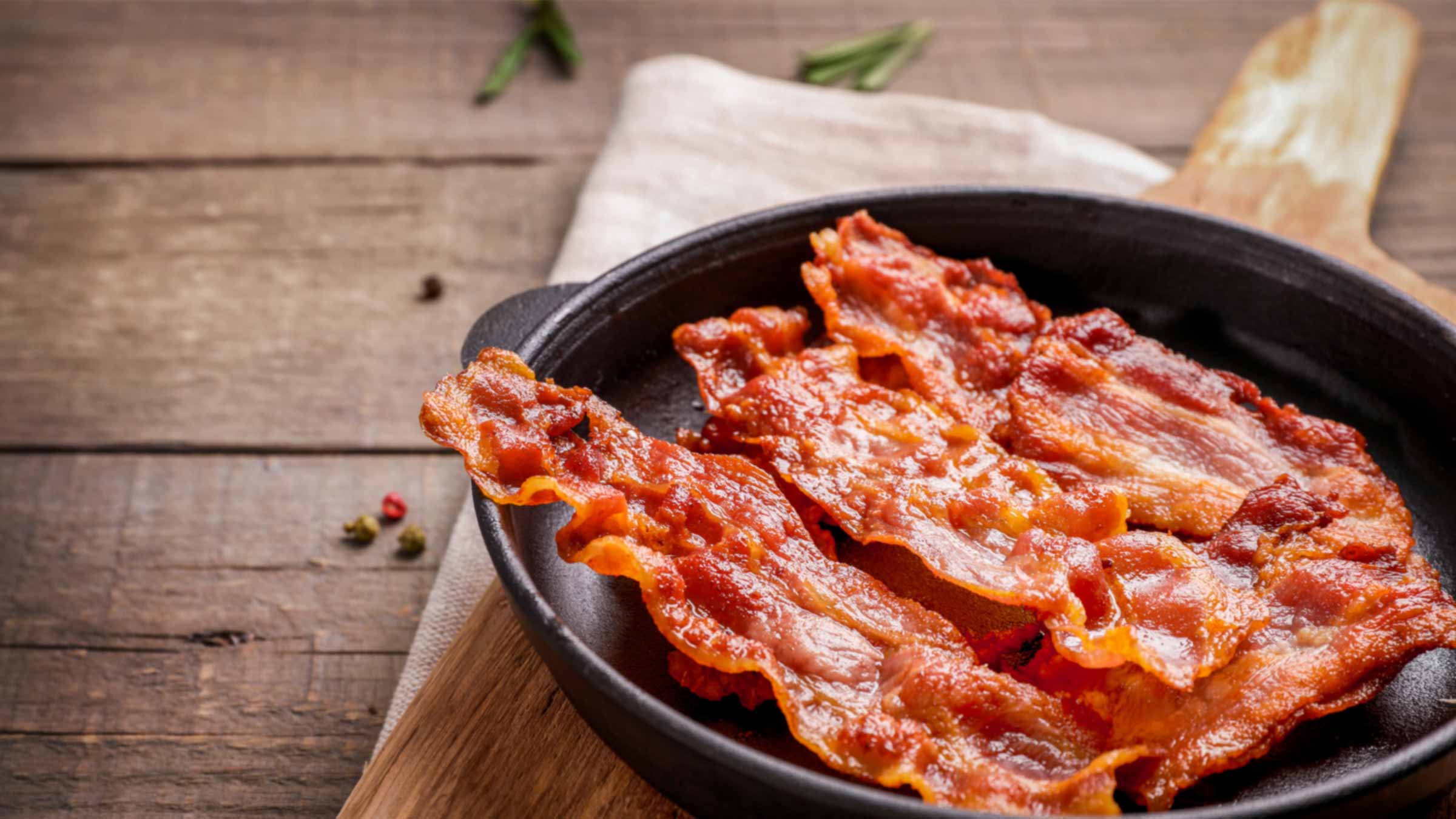
The ketogenic diet — or keto for short — has become a popular weight loss tactic. There are a mountain of books, websites and videos touting the diet and its weight loss benefits, which promise to cut fat, help you drop pounds and reduce hunger.
Before you rush to try this highly restrictive diet, it’s important to note that weight loss is not guaranteed and people often regain the pounds they dropped when their eating habits change. The keto diet has also been linked to a number of health conditions so it’s important to consult your doctor first.
What is the ketogenic diet?
The ketogenic diet was first developed as a treatment for epilepsy 100 years ago and continues to be used today along with medications to treat epilepsy.
A traditional ketogenic diet is very high in fat. About 90% of calories come from fat with some protein and minimal carbohydrates. A keto diet contains high amounts of butter, cream, bacon, cheese and oils, however it is recommended to replace saturated fats with more heart-healthy fats such as olive oil, avocado, nuts and olives.
There are different types of ketogenic diets but the one most used in adults is a modified Atkins diet, which allows for 20 to 40 grams of carbs a daily depending on the person.
People on a therapeutic keto diet are supervised by a registered dietitian and a physician.
How does the ketogenic diet work?
The keto diet puts the body into a state of ketosis where it breaks down fat into ketones to fuel the body instead of breaking down carbohydrates into glucose for fuel. Ketones are an alternative source of fuel produced when glucose is in short supply. Ketosis may suppress the appetite and help people maintain muscle mass.
What myths are associated with the ketogenic diet?
There’s a popular misconception that you can eat lots of protein on a ketogenic diet but that’s not the case. Excess protein can be changed into glucose, kicking you out of ketosis.
Also, people may notice they’re dropping pounds as soon as they start the diet but it’s likely water weight due to the natural diuretic effect of the diet.
What are the drawbacks of the ketogenic diet?
The keto diet is very restrictive and difficult to follow long term. Most weight lost on the diet is regained once a person returns to their previous eating habits. Cycling in and out of the diet can be hard on the body and is not recommended.
The first week on the keto diet usually results in what’s called the keto flu where people feel like they have mild flu-like symptoms.
Because the diet does contain many high fat foods, which are very high in calories, it’s easy to consume excess calories. The increased consumption of saturated fat can lead to high cholesterol and may increase the risk of developing heart disease. People on the diet are also potentially at risk of kidney stones and constipation. Long term drawbacks are not yet known.
What should people consider before starting a ketogenic diet?
The ketogenic diet is considered a therapeutic diet and should be implemented under the supervision of a registered dietitian.
There are some medical conditions where a keto diet may be harmful to your health. A restrictive diet is also not advised for anyone with a history of eating disorders or abnormal eating habits that could lead to an eating disorder such as fasting, binge eating, purging and laxative misuse.
If you’re looking for a long-term weight loss option, you may want to consider making sustainable lifelong changes. A healthy diet will look different for everyone depending on their health conditions, lifestyle and goals. However, there is strong evidence for plant-based diets for disease prevention. This doesn’t mean everyone has to be vegan but we do recommend increasing fruits, vegetables, whole grains, beans, nuts and seeds. It is important to make sure you are getting a variety of foods to meet your essential nutrient needs.

Take the first steps to a healthier lifestyle
Ditch the fads and start taking real steps to improving your health with the nutrition and dietary experts from Ohio State.
Start today




